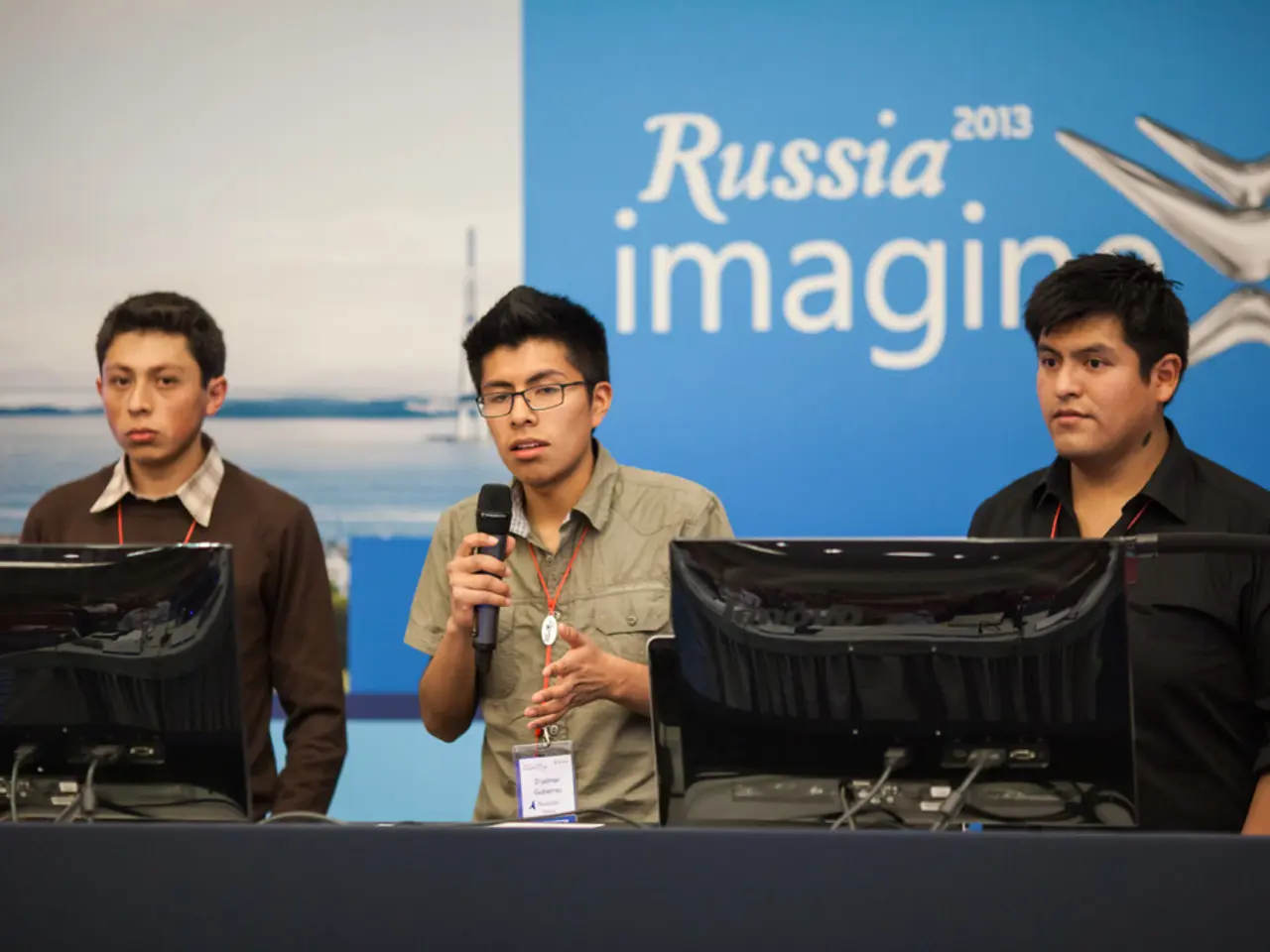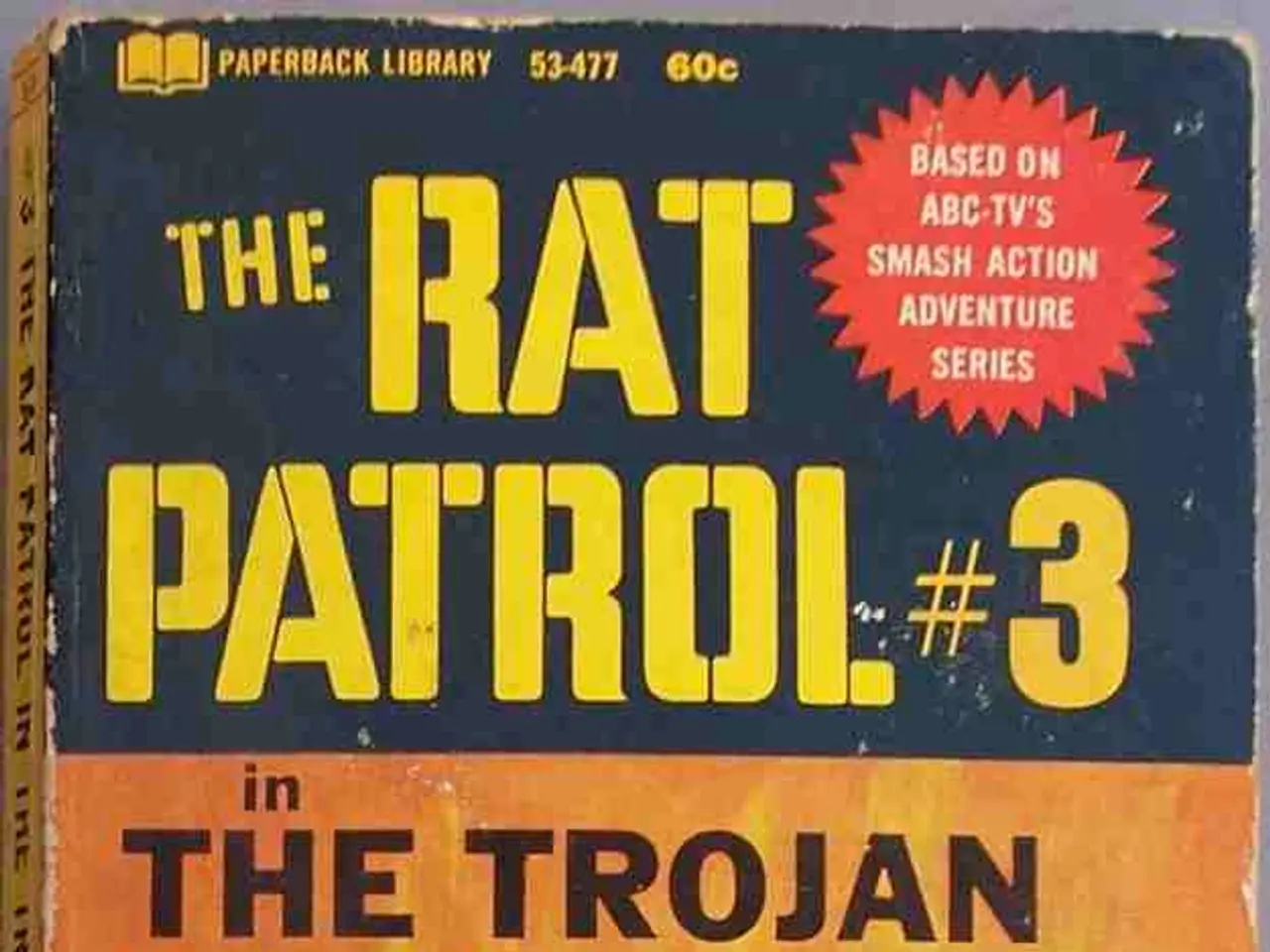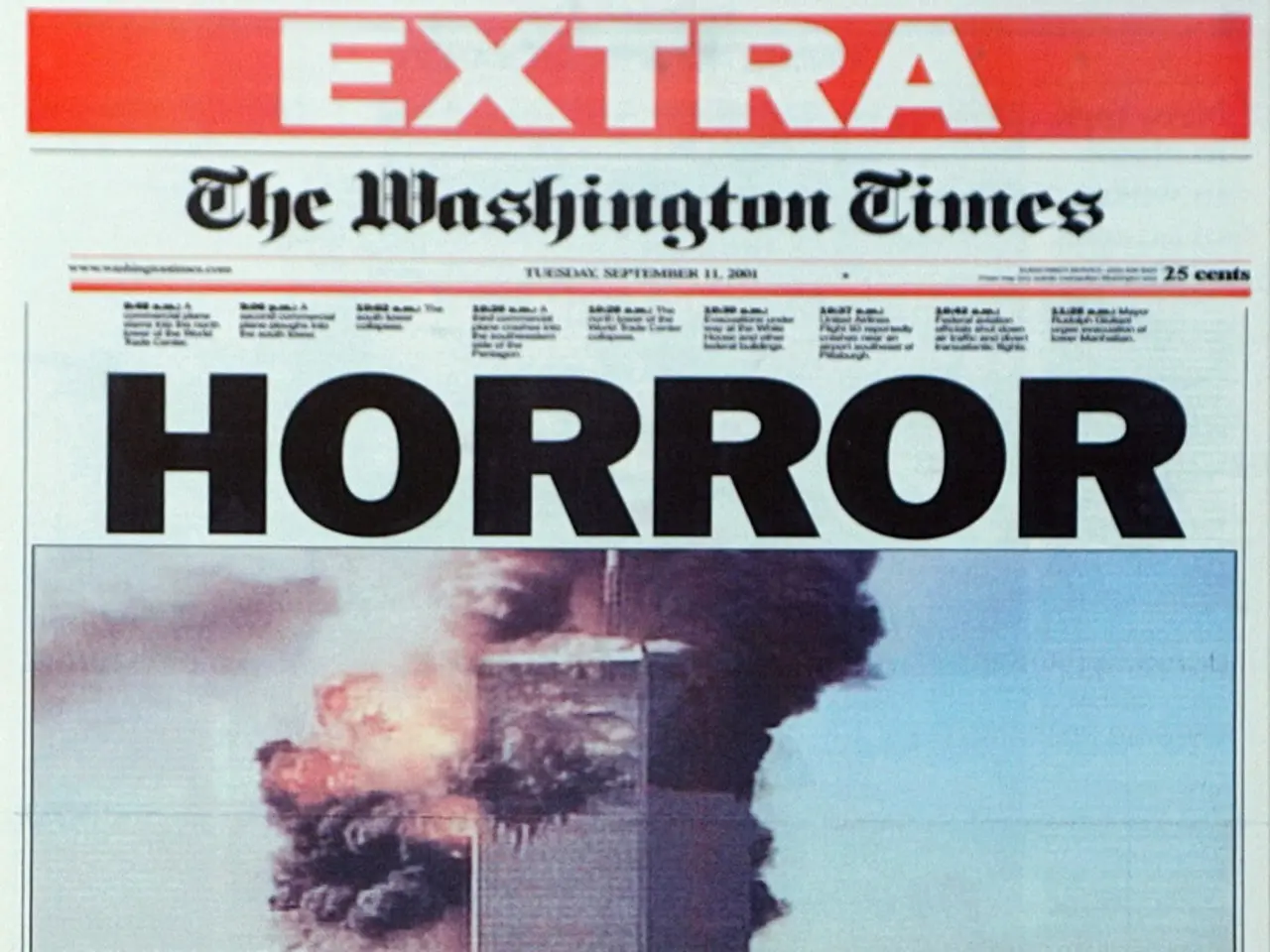"I'm no Putin sympathizer, but the SPD's on my case!"
SPD politician Mützenich perceives unfair treatment by his own party.
Rolf Mützenich, former SPD parliamentary group leader, feels shunned by his own party following his support for a manifesto on policy toward Russia. In the words of Mützenich, "The fierce attacks, even the downright hostility from the SPD have left me bewildered."
In mid-June, Mützenich, along with 120 others, signed a manifesto advocating for a more diplomatic approach toward Russia, including dialogue and a reconsideration of rearmament. However, this stance has been criticized by some SPD politicians as appeasing Putin, while others have branded it "reality denial."
Mützenich, unsurprisingly, takes issue with this characterization, stating, "It's part of reality to examine the consequences of NATO's 2% target. If we spend so much on the military, there must be funds left for other crucial areas like employment, education, housing policy, the social welfare state."
The "Putin apologists' apologists," as they've been labelled, are those within the SPD who argue for dialogue and oppose a hardline stance toward Russia, especially in the face of the conflict in Ukraine. Mützenich, along with others, such as Ralf Stegner, represent a historical friendly posture towards Russia dating back to the Cold War's Ostpolitik and the idea of "Wandel durch Handel" (change through trade) to foster peaceful cooperation.
Despite the controversy, Mützenich plans to skip the SPD federal party conference this weekend, instead focusing on other commitments.
Sources:
- ntv.de
- mau
Context:
- Ukraine Conflict
- Russia
- SPD
- Rolf Mützenich
- Vladimir Putin
Enrichment Data:
The term "Putin apologists' apologists" in the context of Rolf Mützenich's manifesto towards Russia policy within the SPD refers to SPD politicians like Mützenich and Ralf Stegner who advocate for a soft, diplomatic approach towards Russia. Their manifesto, which calls for a gradual détente, dialogue with Russia, and critiques the militarization of Germany, and Europe in response to Russia's invasion of Ukraine, is considered controversial within the SPD, particularly against the party leadership who seek a firmer stance against Russia and stronger support for Ukraine. The manifesto criticizes heightened military posturing, and calls for the removal of American hypersonic missiles from German soil, positioning itself against an escalating arms race and a Cold War–style confrontation with Russia. Mützenich and Stegner, both well-known for their conciliatory stance towards Russia, embody the SPD's long-standing affinity for engagement with Russia dating back to the Cold War Ostpolitik and the idea of "Wandel durch Handel" (change through trade) to foster peace and cooperation[2][3][4].
- The political debate within the European Union regarding the EU's nuclear programme implementation is intensified as a result of the controversy surrounding Rolf Mützenich and other SPD politicians' manifesto, which advocates for a more diplomatic approach towards Russia.
- The general-news story of Rolf Mützenich's shunning by the SPD after signing a manifesto on policy toward Russia is a reminder of the ongoing political tensions between Europe and Russia, particularly in the context of the Ukraine conflict.






